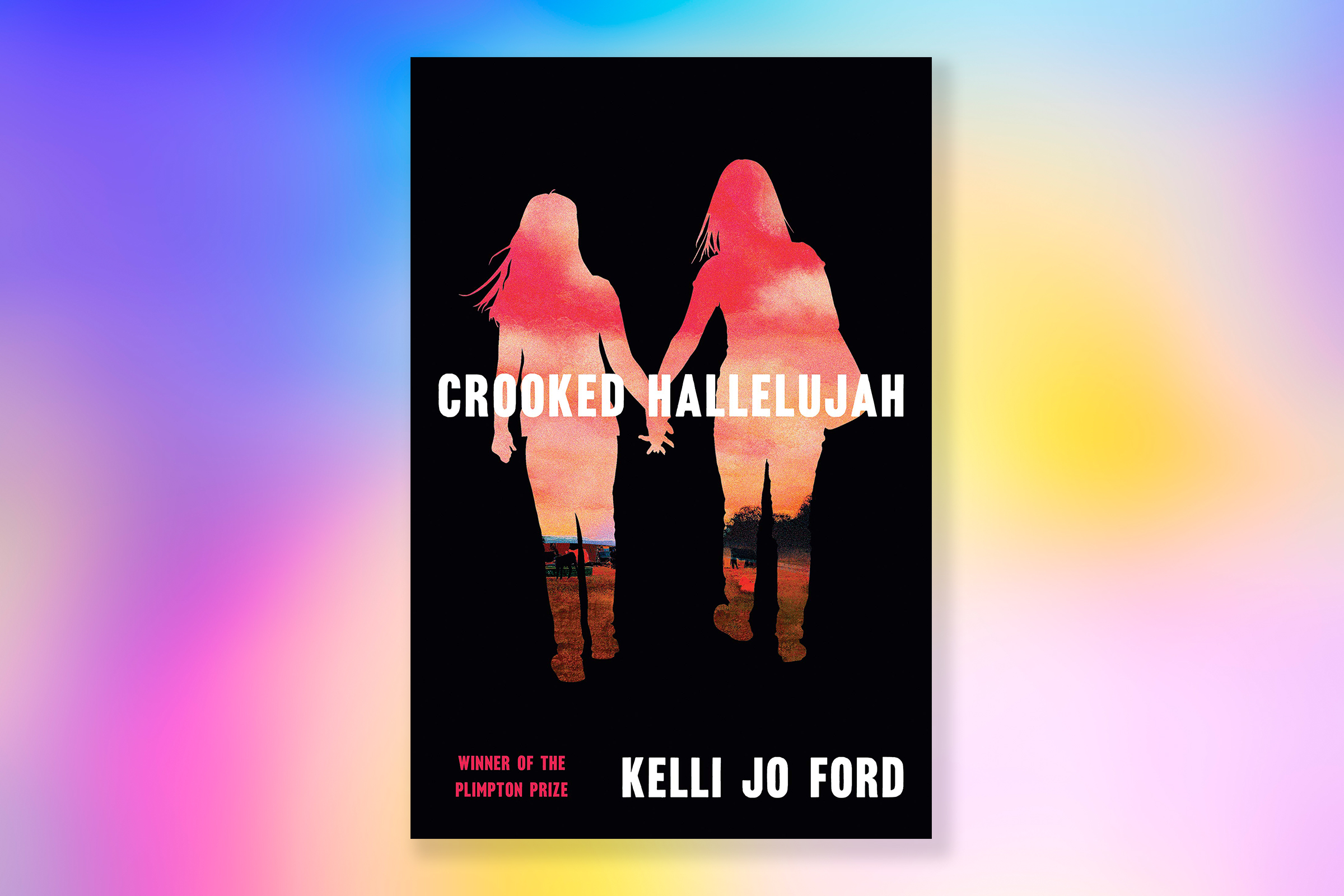
“I pad around my house in the morning, turning on faucets and lights to assure myself that the apocalypse is still self-contained over a thousand miles away at my mother’s doorstep.” This line in Kelli Jo Ford’s innovative debut novel Crooked Hallelujah comes in the book’s final section, unassumingly titled “Near Future.” Up to this point, the book is a powerful, carefully observed family drama following the lives of four Cherokee women after members of their own family force them from the Holiness Church around which they’ve been taught to structure their lives and self-worth.
Then comes that casual mention of the apocalypse.
At any other time in recent history, a late turn in genre from literary to apocalyptic fiction might seem preposterous. But now, in a moment when we’re reckoning with not only a global pandemic but also centuries of anti-Black racism and pain brought to the surface, it feels true. The end of the world we’re all currently experiencing doesn’t look the way it has in so many books, movies and TV shows. There are no zombies or aliens; no all-knowing, wisecracking white men who step up and save the day. There is only us: terrified, traumatized and galvanized, yet still having to endure the mundanity of daily life as though everything is fine. There is only us: trying to push aside the pain and fear of our pasts long enough to focus on the pain and fear that is our present.
Ford, a citizen of the Cherokee Nation of Oklahoma, offers a novel in short stories, allowing her to move with ease through perspectives, history and time. Each heartbreaking chapter slowly adds to the reader’s understanding of these women and their increasingly difficult lives.
It’s the content of those lives that sets Ford’s novel apart. Granny, Lula, Justine and Reney are fictional Cherokee women, yes—but, like real Indigenous women, they have been deeply affected by colonization and assimilation. Readers who are looking for a literary version of an Edward S. Curtis painting will be disappointed; Crooked Hallelujah isn’t an opportunity for non-Cherokee readers to get an inside look at Cherokee culture. Which is entirely the point.
Indigenous people have always been more than the stereotypes American letters have written us to be. In Ford’s world, as in ours, Christianity has been forced on Indigenous communities for centuries—whether through early missionaries who believed being Indigenous was synonymous with being a devil-worshipping heretic, or through government-mandated, church-run Indian boarding schools that separated Indigenous children from their families, then stripped them of their language and culture. The Cherokee women of Crooked Hallelujah have had their Cherokee language and culture stripped from them too—casualties of other apocalypses their community has had to survive.
That doesn’t make them any less Indigenous. Their experiences of intergenerational trauma, poverty, violence, self-loathing, religion and forced assimilation are well known to the Indigenous people for whom Ford so clearly and lovingly wrote this book. As are their experiences of self-discovery, love, joy and, ultimately, release. “Like a big old baby, I hurt for the little girl I was and wonder who she could have been without the Bible, without sickness, without so much by-God loss,” Justine says at one point, speaking not only to the experiences of Indigenous people but perhaps to all of us. “But without the things that make us who we are,” she continues, “we’re nothing, I reckon.”
Elliott is the author of the forthcoming essay collection A Mind Spread Out on the Ground
More Must-Reads from TIME
- Cybersecurity Experts Are Sounding the Alarm on DOGE
- Meet the 2025 Women of the Year
- The Harsh Truth About Disability Inclusion
- Why Do More Young Adults Have Cancer?
- Colman Domingo Leads With Radical Love
- How to Get Better at Doing Things Alone
- Michelle Zauner Stares Down the Darkness
Contact us at letters@time.com